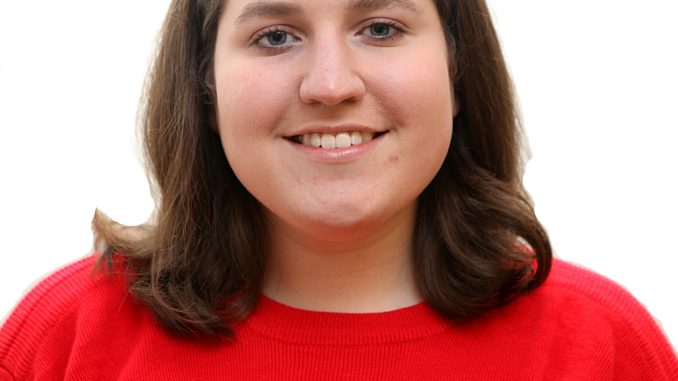
 At night, when few other cars and pedestrians are out, you can hear its low puttering. Coming around the corner, a shiny black hatchback lures you in with its glowing golden sign.
At night, when few other cars and pedestrians are out, you can hear its low puttering. Coming around the corner, a shiny black hatchback lures you in with its glowing golden sign.
And then, as quickly as it came, the taxi disappears.
Obviously, being a full-time student and unemployed, it’s a rare day that I take a taxi anywhere. Taxis never cease being the most extravagant form of public transportation, aside from Hummer limousines. But everyone knows those are for jerks. Let’s be honest, unless you are an executive or going into labor, getting a cab only seems like a reasonable idea when it’s 1 a.m. and raining — and you’re by yourself.
I’m not saying I regret the £24.00 ($38.57) ride, I’m saying those were extenuating circumstances and I try to avoid those circumstances at all costs. Don’t judge.
There are worse things than having a car to yourself, when you’re tired and just want to go home. I hopped inside and it seemed the outside world melted away. Street noise was next to nothing. The soft pitter-patter of drops on the windshield reflected the traffic lights of Trafalgar Square. My cabbie had the radio tuned to some nostalgia station, so I listened to “Pretty Woman” and “Daydream Believer.”
Then he almost hit a pedi-cab, to whom he yelled, “You f—ing pr–k!” And so I came back to reality.
In his defense, he was a very good driver. None of the usual hairpin turns and slingshot maneuvers that most cabbies seem to be so fond of. You’d have to be a good driver to use London streets. In order to get their cab license, cabbies here must pass “The Knowledge,” the ultimate driving course through which they prove their familiarity with London’s 320 routes, 25,000 streets and 20,000 landmarks, just within the six-mile radius that is Greater London. It takes two to four years to pass “The Knowledge,” which I’m starting to think is, as Martha Stewart would say, a very good thing.
Most cabs are the traditional black cab, often emblazoned with a British Telecommunications logo or Vodafone union jack. I’ve even seen a pink one. Then there are the minicabs, named inaccurately, I feel, as they are bigger than the black cabs. They look more like minivans, which I guess makes sense, since “van-cabs” is even more confusing. All right, I get it now. Anyway, minicabs are for hire, and always charge more. However, with minicabs you can, and should, negotiate a price when you order them so you are not taken aback at the airport when the driver asks for £60 when it was £40 the other way.
Riding in cabs is fun, I think. Cabbies drive the way we’re not supposed to drive, but always wish we could; we wish we could drive like the road is ours and everyone on it must move or else, no shame. That is how London cabbies drive all day every day. They have tricks up their sleeves, using taxi lanes, not giving pedestrians the right of way, and taking the tiny alleyways, called mews, that were originally built to take horses to the stable and meant for private access. Plus, London cabs are bigger than most American cabs, able to sit up to six people “comfortably” and with a higher ceiling and bigger doors.
They are kept clean, too. In addition to the various fees drivers can tack onto your fare, like booking in advance and using a credit card, there is also a soiling charge. That’s right! Your urine could be worth up to £40.00, almost $65.00.
But suppose you can control your bowel movements, and you give the driver reason to like you? He may strike up a conversation with you, ask you where in America you’re from, see if he’s been to anywhere you may have heard of, and then try to find a shared experience the two of you may have had. Although not all cabbies have a Cockney accent, invariably, whatever story they tell seems to include the phrase “Ehn so, I told ‘im, I said, I said ‘Ay, listen,” I said,” et cetera.
One last piece of advice I will share on this subject: Never question a cabbie’s sense of direction. That goes double for anyone coming from a grid city, which London is most certainly not. If you say Queen’s Terrace and he says Queen’s Gate Terrace, and all you have to show for it is a piece of notebook paper on which you scribbled Google map directions, remember: He has The Knowledge.
Amelia Brust can be reached at abrust@temple.edu.



Be the first to comment